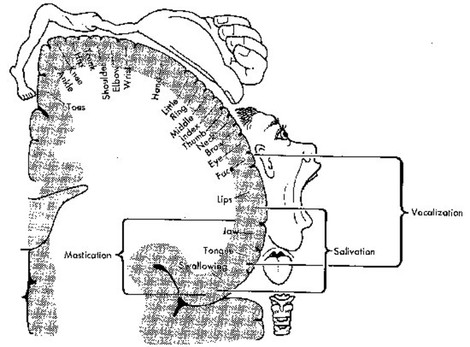Your podcast discovery platform
Curious minds select the most fascinating podcasts from around the world. Discover hand-piqd audio recommendations on your favorite topics.

piqer for: Global finds Technology and society Globalization and politics
Elvia Wilk is a writer and editor living in New York and Berlin, covering art, architecture, urbanism, and technology. She contributes to publications like Frieze, Artforum, e-flux, die Zeit, the Architectural Review, and Metropolis. She's currently a contributing editor at e-flux Journal and Rhizome.
Animistic AI And Machine Learning Beyond Capitalist Logic
Approaching the question of the future of artificial intelligence (AI) from an exciting angle, Matteo Pasquinelli investigates the relationship between animism and computation. Beginning with the way in which humans project anthropomorphic properties onto computational processes, he eventually approaches the much more complex issue of how machine intelligence might develop to mimic other forms of intelligence beyond the logic of capital.
From child psychology to theories of mind to the Turing test, Pasquinelli traces our tendency to make computational intelligence less threatening by imagining it is lively or animistic. And building AI intelligence in our image has in turn become a primary goal.
In order for a machine to be truly intelligent or lively, Alan Turing argued that it would need to be able to make mistakes—implying that it would learn through error. Today this is just what AI researchers are doing. Through the notion of “open-ended intelligence” that recognizes intelligence as an “emergent property of natural systems”, computers that can learn are being developed.
The real punch of Pasquinelli’s argument is that computation as we have largely constructed it so far is a fundamentally “economic” learning process—it’s meant to generate and extract valuable information (“it is a functional component of industrial planning, marketing strategies, securitarian apparatuses, and finance”). He warns that we must be careful not to conflate the natural with the capitalistic, and to design new “living” systems that function like economic ones. As he says, instead AI “should become sociomorphic in a good way”.
